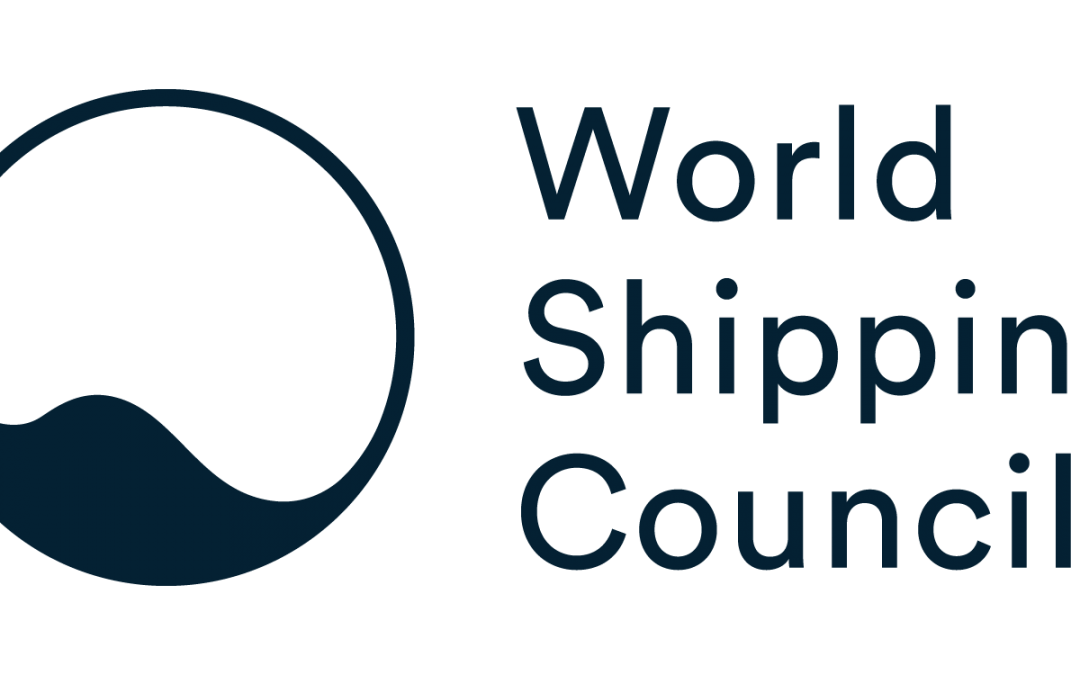The World Shipping Council (WSC) together with prominent maritime nations and organizations representing all shipping sectors continue to work for the early adoption of an industry-financed and IMO-led research and development fund as a critical pathway to accelerate the development of technologies for zero-carbon shipping.
In a joint submittal to the IMO MEPC 78, the sponsors have further detailed the proposal for an International Maritime Research and Development Board (IMRB) and International Maritime Research and Development Fund (IMRF) to ensure the equitable use of funds as well as fair and equal access to patents and technologies globally.
The joint submittal includes suggested modifications and amendments to the IMRB/IMRF proposal to address specific matters raised at MEPC 77. Key proposals in the paper include:
- 50 million USD annually be devoted to supporting related technical assistance efforts in SIDs and LDCs via IMO’s GHG TC – Trust Fund
- The governance structure of the IMRB’s Board of Directors to be expanded to include ten Member State government representatives with balanced representation geographically
- The addition of criteria to encourage collaboration in projects between developed and developing country institutions
- Modifications to the intellectual property text to better address concerns raised about sharing of R&D work and related intellectual property rights
- “Accelerating R&D investments into zero carbon technologies is the first pathway the member nations of the IMO should adopt in order to enable progress across other regulatory areas such as market based measures,” says John Butler, President & CEO of WSC.
He continues: “The transition to zero carbon shipping presents a unique opportunity for nations with abundant resources for green energy such as sun, wind and waves to develop as suppliers of alternative maritime fuels. The IMRB/IMRF is ready to implement, and the amendments now proposed further ensure its ability to provide equitable access to both funding and outputs.”
Source: Hellenic Shipping News






